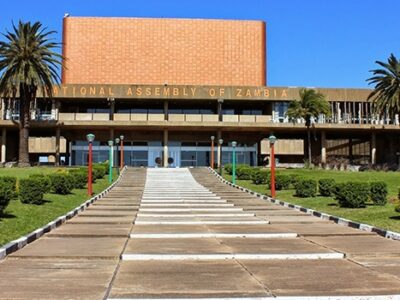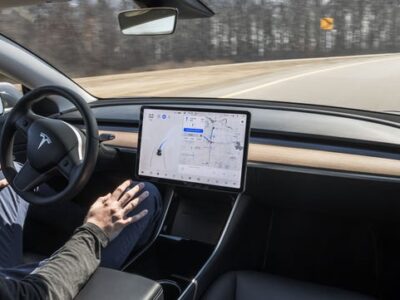Only 20 to 39 percent of Zambia’s population will have eco-friendly cooking fuels or technologies by 2030, a recent study on clean energy accessibility in Africa has established.
The study has also forecast that 1.1 billion people in Africa as a whole will be without eco-friendly cooking fuels or technologies by 2050.
The study titled “Using machine learning to expound energy poverty in the global south: Understanding and predicting access to cooking with clean energy,” was released on Monday this week.
When analyzing the data on a country-level, the model predicted that although access to clean cooking would increase in some parts of Africa, less than 20 percent of the population in 16 countries would have access to clean cooking fuels and technologies in 2030, and this ups to 18 countries in 2050.
Countries were categorised as classes based on the percentage of the population that would have access to clean cooking.
This was where the study indicated that only 20 to 39 percent of Zambia’s population would have access to clean cooking by 2020 and 2050, respectively.
Read more: Zambia’s population density swells, capital Lusaka leads
The study was conducted by Mulako Mukelabai, Richard Blanchard, of Loughborough University, along with Professor Upul Wijayantha, now at Cranfield University.
The researchers also found that the projected electricity generation for 2030 needs to triple if Sub-Saharan African countries were to attain the desired goal of enabling more than 80 percent of the population to access clean cooking.
The team estimated achieving the 80 percent access rate in all countries by 2030 would require an investment of US$14.5 trillion (or US$2.1 trillion annually).
In his comment, Mulako stressed that the findings of this study evidenced the need for a rapid paradigm shift in the developing world energy sciences to address energy poverty.
“We must act as the slow-moving access rate to clean cooking causes deforestation, habitat loss, indoor pollution, inequality, sustains low economic activities, and causes about 3.2 million deaths per year, including over 237,000 deaths of children under the age of five in 2020.
“A fundamental approach that focuses on improving and sustaining the financial capacity of households through a systems approach is needed so people can afford electricity or fuels for cooking,” Mulako said.
WARNING! All rights reserved. This material, and other digital content on this website, may not be reproduced, published, broadcast, rewritten or redistributed in whole or in part without prior express permission from ZAMBIA MONITOR.












Comments